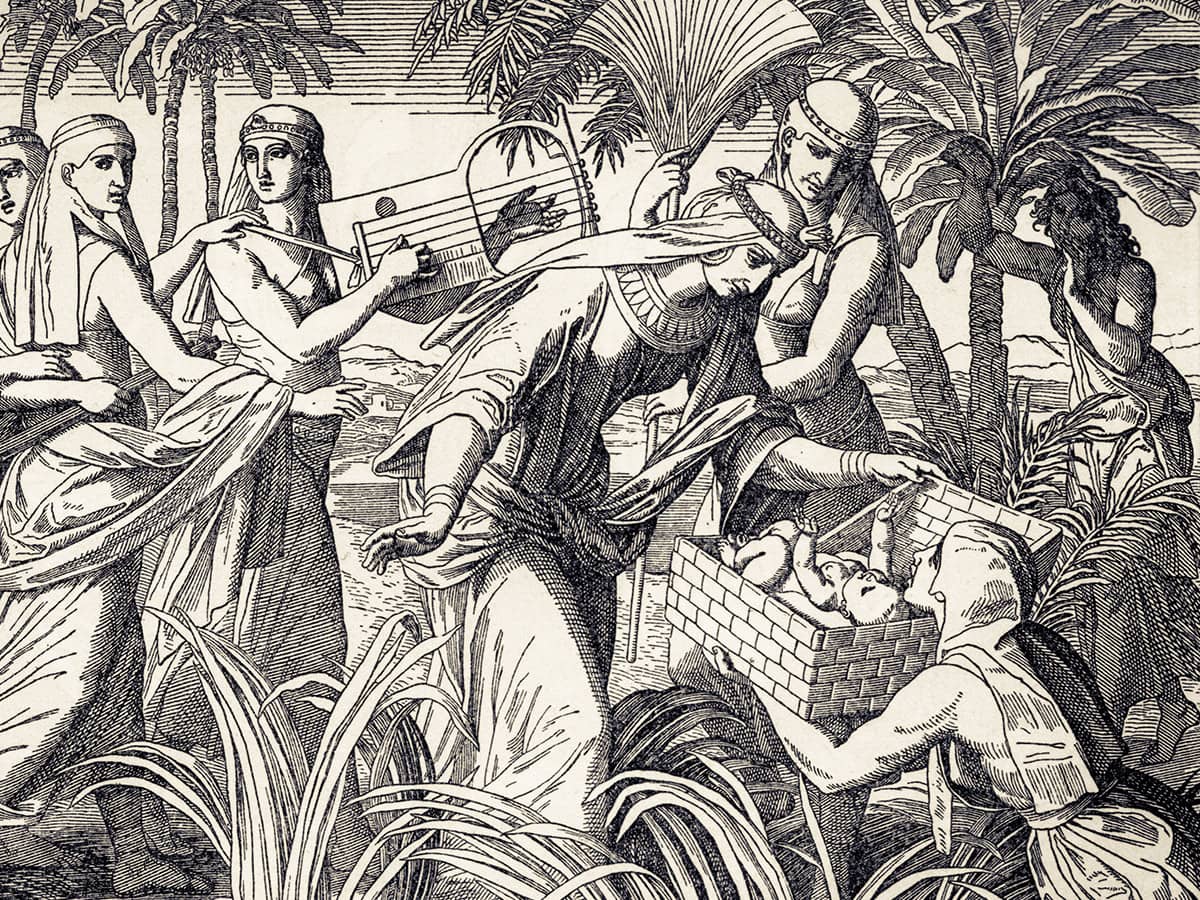
The Bible is the single most influential book in human history. It has touched more lives than anything else and has formed the core of some of the most widespread and powerful cultures in history. There is no overestimating its importance. It has been a focus of the arts, architecture, a motivator for exploration and the bedrock of nations. It has also profoundly influenced language. In addition to being the source for some of the most easily recognized and most commonly used themes and motifs in literature, the Bible has also contributed an incredible amount to mundane, everyday language. Here are six common phrases you didn’t know came from the Bible.
“By the skin of my teeth.”
To escape a situation by the skin of your teeth means to have a very near miss usually with disaster. The phrase is a common one today but it actually originates in the oldest book in the Bible, the book of Job. In Job, Job is subject to a myriad of tragedies after God makes a wager with, depending on the translation, an angel or Satan that Job will not lose his faith and curse God no matter how terrible his life becomes. God eventually wins the bet and not only restores what Job had lost but blesses him further. First, however Job had to survive a variety of catastrophes that he “escaped by the skin of [his] teeth.”“A good Samaritan.”
In modern vernacular, a good Samaritan is a person who helps another even though they will gain nothing from it. It implies an act of altruism done by someone who has no duty or responsibility to help the other person. The phrase comes from the famous New Testament parable of the same name. In the parable, a man is injured and left on the side of the road. The only one who stops to help him is a Samaritan. Jesus’ choice of a Samaritan as the hero of the parable would have floored His audience. At the time, the Samaritans were beyond loathed. The use of a Samaritan as a hero would have been rather like telling that story to a group of French Resistance fighters during World War II and having the Vichy French be the heroes.“Blood is thicker than water.”
The phrase “blood is thicker than water” is not one most people would bet is based on the Bible, but that is because the phrase is normally truncated in a way that actually reverses the original meaning. The shortened phrase is used to indicate that family and kin are the most important thing in a person’s life. The full phrase, however, uses very familiar biblical meaning and outright states the complete opposite. The original saying was, “The blood of the covenant is thicker than the water of the womb.” The words “the blood of the covenant” are found throughout the Bible and usually refer to God’s covenant with Israel. The full phrase could have two implications depending on a person’s interpretation. The first and more common would be that who a person chooses to associate with is more important than who they happen to have as relatives. Their choices matter more than an accident of fate. The second interpretation would read that a person’s religion, the covenant, is more important than family ties. This would tie in well with Christ’s own statements in the New Testament.“Scapegoat”
A scapegoat is a thing, event or, most commonly, a person who is blamed for something that is not their fault. They are not responsible for some calamity, but they are convenient to blame. The word comes from the Old Testament tradition of using a literal scapegoat to purify the Israelites. In this tradition, the people’s sins would be placed on a goat. The goat would then take responsibility of sorts for the myriad sins it was saddled with, and the people would drive it out into the wilderness.“Feet of clay.”
The phrase “feet of clay” means that something that seemed perfect or wonderful is actually inherently flawed or imperfect. This is a common theme in literature and art today, but the phrase actually originated in ancient Babylon with Daniel’s interpretation of Nebuchadnezzar’s dream in Daniel 2. In Nebuchadnezzar’s dream, there was a statue made of various metals but had feet made partially of clay. When the statue was struck on the feet, it shattered just as a person’s delusions of another person or object’s perfection is destroyed when they find out their idol has feet of clay.“Go the extra mile.”
“Go the extra mile” is a phrase used today as an inspirational quote meant to motivate people to push through difficulty and work hard to achieve their goals. The original meaning, however, was about as far from an inspirational quote as possible. In Christ’s time, a Roman soldier could force a Jew to carry his bags for exactly one mile. Most people of Israel and Judah understandably chafed under the rule and would refuse to carry the soldier’s bags so much as an inch further. Christ, however, essentially suggested taking the high road and carrying the soldier’s things two miles instead of one. This would confront the soldier with the humanity of their companion and perhaps get them to begin seeing the Jews differently. It was the chance to create a slow but more permanent change in the Roman perception of the Jews.Overestimating the importance and influence of the Bible is nearly impossible. There is no other book in existence like it. It is so influential that modern language is almost inescapably intertwined with it. Remove all knowledge of the Bible from a person’s mind, and they will have a difficult time understanding what on earth people are talking about. Many of the phrases the Bible contributed to the English language are used in mundane circumstances, but that almost makes it more amazing. What other books wield such power that they have crossed from the religious realm into the secular, not only in culture and the arts, but in the little things people say every day? How incredible it is to really consider how much God’s word is quoted each day.

